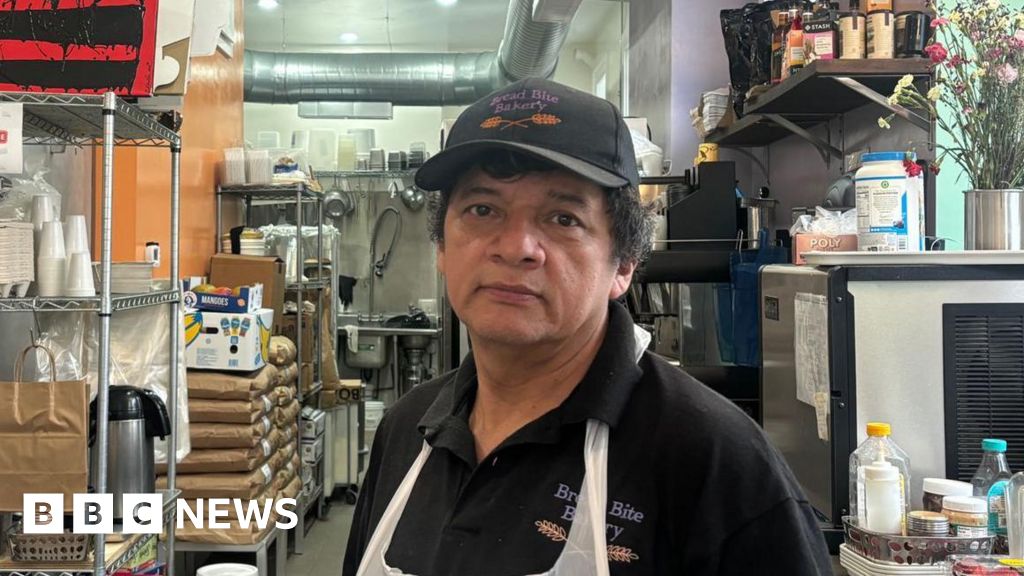
The Bitter Brew: How Tariffs Are Steeping the Price of Coffee in America
The aroma of freshly brewed coffee, a comforting staple in countless American mornings, is carrying a new, unsettling scent: the bitter tang of rising prices. For independent coffee shops across the nation, the cheerful clinking of mugs is increasingly overshadowed by a growing financial strain. This isn’t the result of a poor harvest or fluctuating global markets, but a direct consequence of trade policies – specifically, tariffs levied on imported goods.
The vast majority of coffee beans consumed in the United States are imported, largely from countries in Central and South America. These beans, the very lifeblood of the American coffee industry, are now subjected to increased import duties. This means that the cost of the raw material – the coffee beans themselves – is significantly higher than it was just a short time ago. This increase is not a subtle shift; it’s a substantial jump that’s forcing coffee shop owners to make difficult choices.
For many small, independent businesses, these higher costs are proving unsustainable. They operate on thin margins, constantly balancing the desire to offer high-quality coffee with the need to remain profitable. The added tariff burden severely impacts their ability to do both. While larger chains might have the resources to absorb some of the increased cost or adjust pricing strategies more effectively, smaller coffee shops face a far more precarious situation. They simply don’t have the same buffer against these unforeseen economic pressures.
The consequences are multifaceted. Some shops are reluctantly raising prices, passing the increased cost directly onto the consumer. This, however, risks alienating loyal customers, particularly in an increasingly competitive market. The price hike, while necessary for survival, might push some customers to cheaper alternatives, like supermarket coffee or other beverages, impacting sales further.
Other coffee shops are forced to make difficult choices regarding their operations. They may cut back on staff, reduce operating hours, or compromise on the quality of their beans to keep costs down. These measures, though necessary for short-term survival, ultimately harm the overall customer experience and the shop’s reputation in the long run. The vibrant, independent coffee shop culture, so beloved in many American communities, could be quietly fading under the weight of these economic pressures.
The impact extends beyond the immediate financial concerns of coffee shop owners. The rising cost of coffee affects baristas, whose livelihoods depend on the success of these businesses. And ultimately, the consumer bears the brunt of these escalating costs, paying more for their daily caffeine fix.
The situation highlights the complex interplay between global trade policies and local economies. While tariffs are intended to protect domestic industries, in this case, they appear to be inadvertently harming small businesses and consumers alike. The increased cost of coffee is a tangible example of how international trade decisions can have ripple effects, reaching far beyond the boardrooms and impacting the everyday lives of countless individuals. The question remains: how long can independent coffee shops weather this bitter storm, and what adjustments – both for businesses and for policy – are needed to ensure the continued enjoyment of that essential morning cup?



Leave a Reply